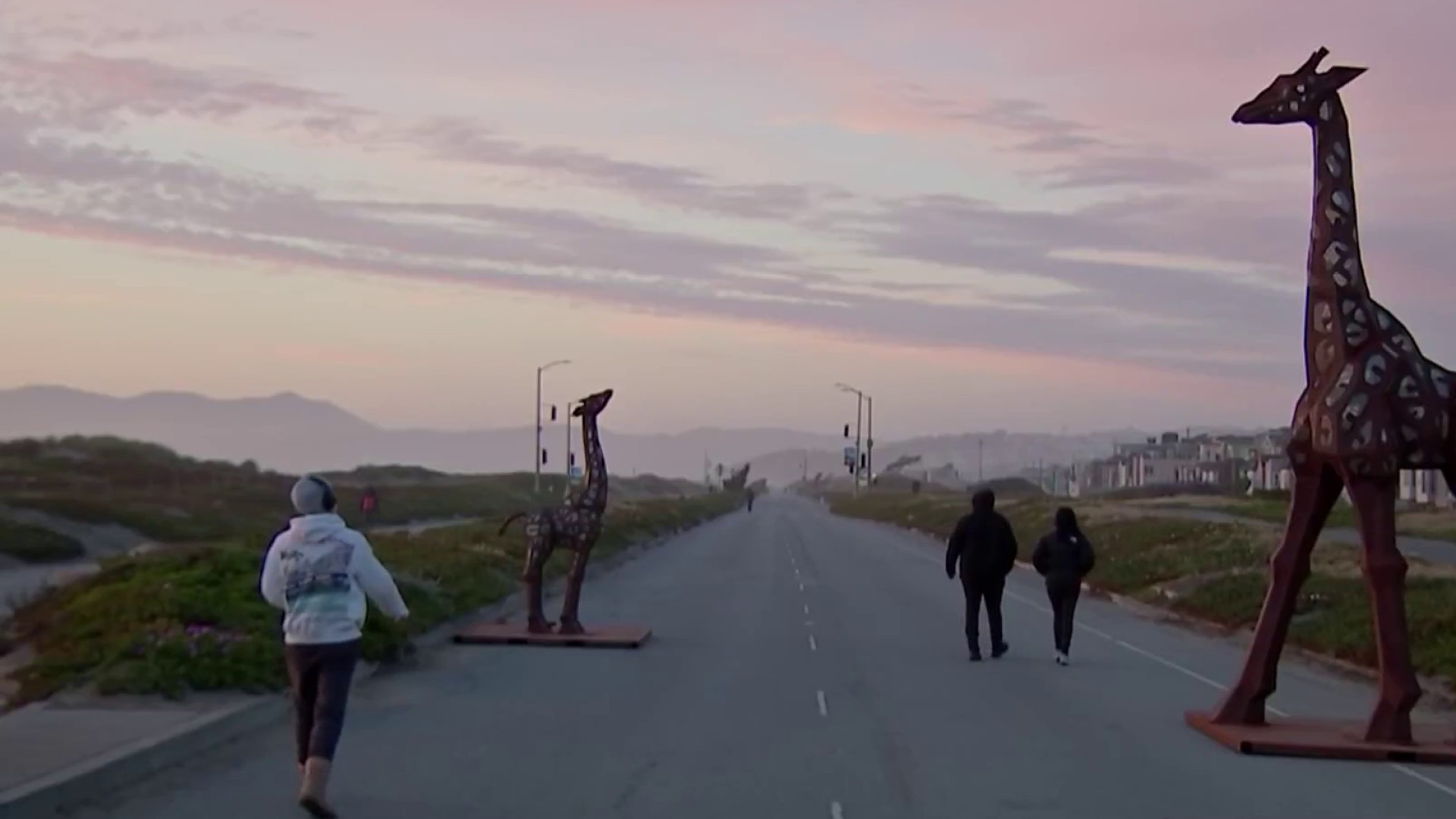Supply chain issues have been making things tough for businesses that sell things in aluminum cans. Nationwide, it can get challenging to find cans, which is a problem, because demand for canned goods has been on the rise.
Several Bay Area breweries told NBC Bay Area that they continue to feel the impacts of the ongoing can shortage, which compound the difficulties they face with recent inflation.
The Los Angeles Times reported on the additional challenges posed by the declining rate of aluminum cans being recycled in California. Recycling plays a significant role in the aluminum can supply chain. As the Aluminum Association notes, the average U.s. aluminum beverage can is made up of about 73% recycled material.
"Canned beer is what people are buying on shelves," noted John Schuman, the general manager and co-founder of Gilman Brewing Company in Berkeley. Schuman thinks that the recyclability of aluminum cans adds to their appeal.
He said that demand for aluminum cans at his company has skyrocketed during the pandemic. Now, can sales make up about 30% of their business, from their distribution and their taproom.
Researchandmarkets.com forecasts that aluminum can markets will only continue to grow in North America, with demand from the food and beverage industry increasing.
In May, the Aluminum Association also reported that domestic demand for aluminum continues to grow, seeing an increase of 5% in the first quarter of 2022.
Local
Many brewers can't get their hands on enough cans.
For Schuman, that was certainly the case at the start of the pandemic when there were no cans to be found so beer was stored in fermenters. But during the first year of the pandemic, he said he was fortunate to reach a deal with their distributor to lock in consistent allocations of cans.
Get a weekly recap of the latest San Francisco Bay Area housing news. Sign up for NBC Bay Area’s Housing Deconstructed newsletter.
Other local breweries say they are struggling to find enough cans and have to plan out distribution weeks in advance. Rivers End Brewery in Livermore said that even if an order has no errors or extensions, they still have to budget around four to eight weeks to receive the cans they need.
On top of all that, breweries say the prices they're having to pay for aluminum are going up due to inflation.
“The cans have jumped up from 5% to 10% increments and this is almost in the course of every three to six months,” Schuman noted, adding that the cost of the lids for those cans has increased as well. As a result, he said, the brewing company has had to increase prices on some canned beers by $1 to $2 each.
One of the main problems: so many of the cans we consume each day are going unrecycled. That means the few available cans are harder to come by, and companies are having to pay more.
"Basically all the pricing is coming up," Schuman reiterated.
In some cases, those increases are being passed on to consumers. And without enough cans, it could eventually lead to more shortages.
At Gilman Brewing, the company says it's also keeping an eye out for future COVID variants, aware they may need to significantly ramp up their canning efforts if more pandemic precautions return.
All the mental gymnastics at each turn have made things difficult for brewery employees, Schuman said, calling for support and empathy from local customers.
"If everybody could practice a little bit more patience it would be a lot easier for us for sure," he noted.
NBC Bay Area reached out to CalRecycle, the state agency in charge of recycling, to ask what they are doing to help with the aluminum shortage.
They sent us a statement that reads in part "Limited supplies of aluminum make consumer returns of beverage containers all the more critical and underscore the value of recycling programs."
The CalRecycle spokesperson also said in the statement, "CalRecycle recognizes the need to increase recycling and collect every valuable aluminum can, as well as glass and plastic containers."
The spokesperson also noted that this year's state budget includes $330 million which CalRecycle is proposing to use for more ways for consumers to redeem their recyclables, like reverse vending machines and bag drop-off programs.
CalRecycle said that currently 68% of beverage containers in California get recycled ( a rate the agency says is much higher than the U.S. average) and that the state recycles 18.9 billion bottles and cans a year (which the agency says is more than any other state).



